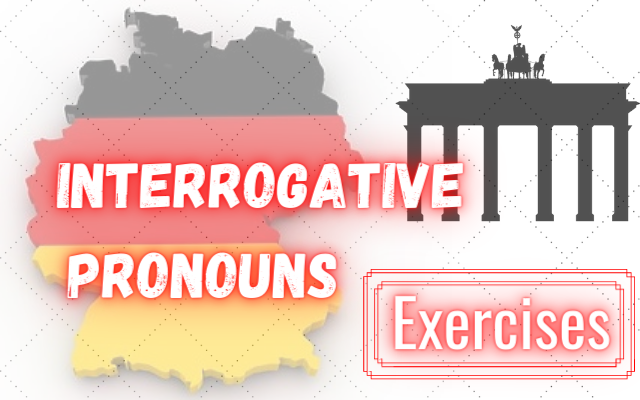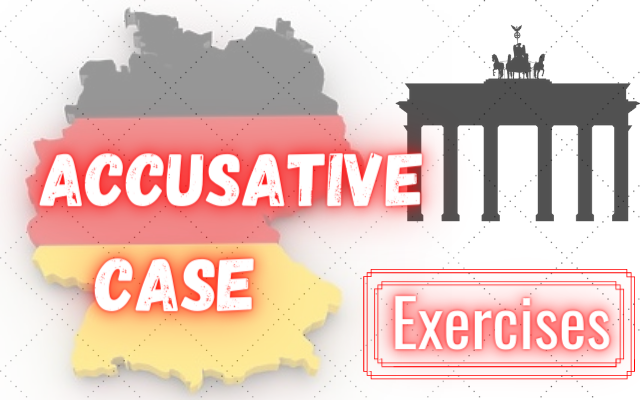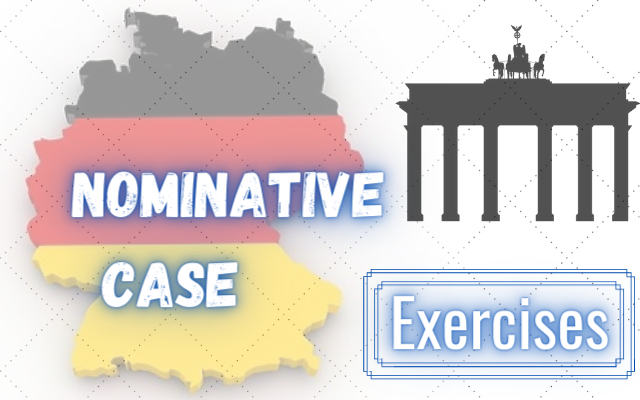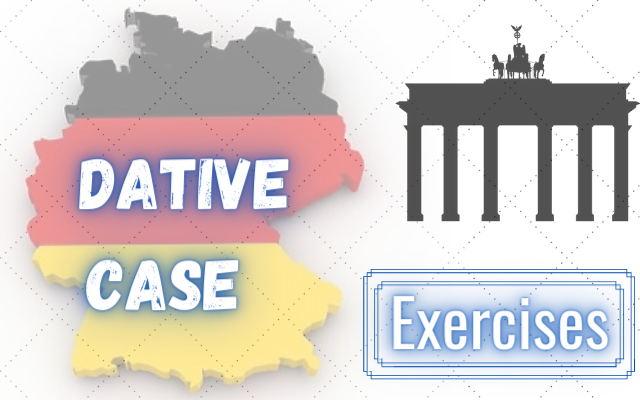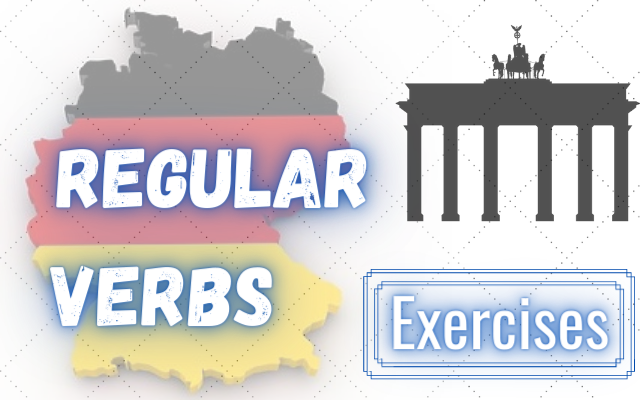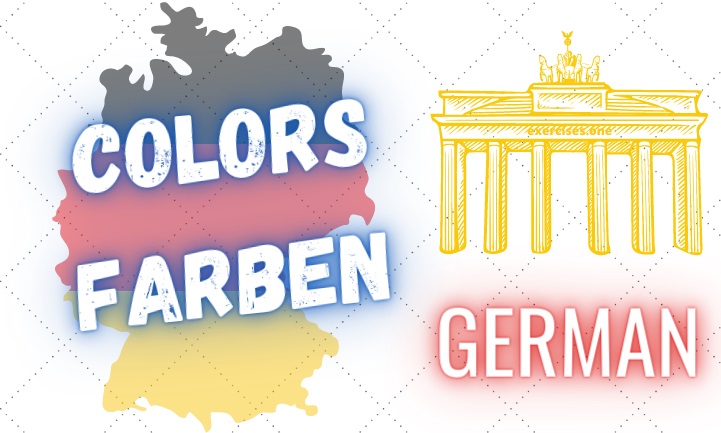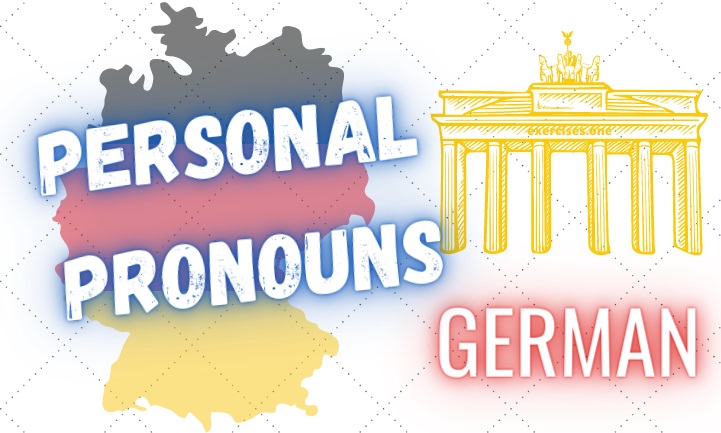
Hello dear student! Today, we will focus on German personal pronouns.
Pronouns are an essential part of speech and are used to replace nouns in sentences. They can help make our speech and writing less repetitive and more fluid. In German, personal pronouns change depending on the grammatical case they are in.
We’re going to practice putting sentences in the right order, translating sentences from English to German, and also building our vocabulary with a range of different pronouns.
We’ll wrap up the session with a little bit of writing practice where you can demonstrate what you’ve learned. So, let’s get started!

1) Put the Sentences in the Correct Order – German Personal Pronouns
a) ich / bin / lehrer / ein
Ich bin ein lehrer.
2) Translate these Sentences – German Personal Pronouns
a) I am a student.
Ich bin ein Student.
3) Practice your Vocabulary of German Personal Pronouns
a) I – You – He
Ich – Du – Er
4) Practice Your Writing by Translating this Small Text Taking the German Personal Pronouns into Consideration
Well done! You’ve just practiced using German personal pronouns in various contexts and I’m sure you’ve done a great job. Remember, practice makes perfect, so try to use these pronouns when you’re speaking or writing in German.
The more you use them, the more natural it will feel. As always, don’t hesitate to ask if you have any questions or need further clarification on anything we covered today.
Keep up the good work and continue immersing yourself in the language and practicing as much as possible. Great job today and see you in our next activity!




